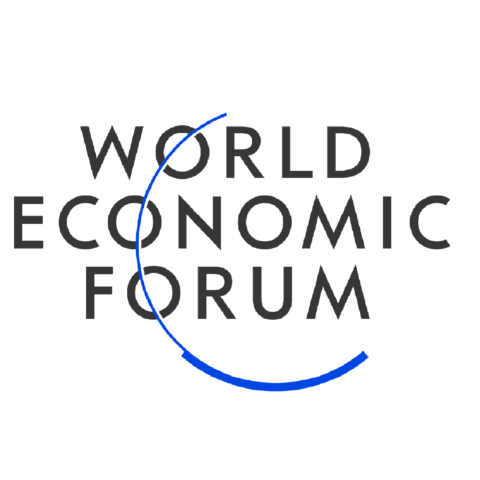- Best-connected users have 200 times greater internet capacity than do users in parts of Africa and Asia. By 2040, closing the connectivity gap will require a $1 trillion investment
- There is a disconnect between the exponential growth of internet use, infrastructure demands of next-generation technologies and current financing models
New World Economic Forum report highlights latest findings of Internet for All project. Read the full report here
Geneva, Switzerland, 30 May 2018 – To connect the as yet unconnected around the world to the internet is only a first step towards ensuring that all societies participate in an increasingly digital world economy. Best-connected users benefit from internet capacity that is 200 times greater than that of the worst-connected in parts of Africa and Asia. Those left behind will not benefit from many of the productivity innovations brought by the Fourth Industrial Revolution.

Closing that gap is not a matter of technology. The technical solutions are available and time-tested. What’s needed to help countries improve their internet infrastructure are new sources of financing and various types of financing models.
The report on Financing a Forward-Looking Internet for All, produced in collaboration with The Boston Consulting Group, provides countries and companies with a framework to think through emerging internet inclusion issues. It details six infrastructure-financing tools and strategies that countries can implement to increase internet adoption and avoid a widening of the internet capacity gap.
An analysis of the economics of internet infrastructure in 28 countries shows investment payback from six to 24 months. It also shows how decision-makers could factor broader social and economic returns into traditional rate-of-return calculations, to open untapped sources of capital for internet infrastructure.
According to Houlin Zhao, Secretary General of the International Telecommunications Union, “Redesigning business models to reflect the rapid evolution in technologies is vital to providing connectivity to over half the world’s population, who do not currently have regular internet connectivity. This is an issue across industries.”
Economic growth depends not only on providing connectivity, but also sufficient internet capacity and quality to foster innovation and support advanced use.
“Investment in internet infrastructure will help create more equal societies in the future. It is important that decision-makers become aware of the new models of financing presented in the report.” said Eric White, Project Lead, Internet for All, World Economic Forum.
When more people use the internet their country’s gross domestic product grows accordingly. Nevertheless, internet providers are reluctant to invest as needed for network expansion and upgrades in many areas. As a result, many regions lack coverage or capacity that could foster growth of GDP. From the perspective of effective internet infrastructure financing, the report proposes looking at the impact on society as a whole. This novel approach can attract a new set of investors and help close the internet infrastructure investment gap.
The report’s analysis of 28 countries shows that the returns to society exceed infrastructure-related investment in a period of six to 24 months. Moreover, the magnitude of the payback can be phenomenal, even in developed countries. In Ireland, for example, an investment of $2.7 billion could increase GDP by $3.9 billion to $10.2 billion, with payback in less than one year. In Germany, a $47.3 billion investment in ICT infrastructure results in GDP growth of up to 1.8 times the investment.
“Development banks such as the IDB encounter this issue every day. This paper provides useful guidance to policy-makers, businesspeople and financiers alike that will help us think through our approach to financing ICT infrastructure projects,” said Antonio Garcia-Zaballos, Lead Specialist in Technology Inter-American Development Bank.
The World Economic Forum, committed to improving the state of the world, is the International Organization for Public-Private Cooperation.
The Forum engages the foremost political, business and other leaders of society to shape global, regional and industry agendas. (www.weforum.org).
